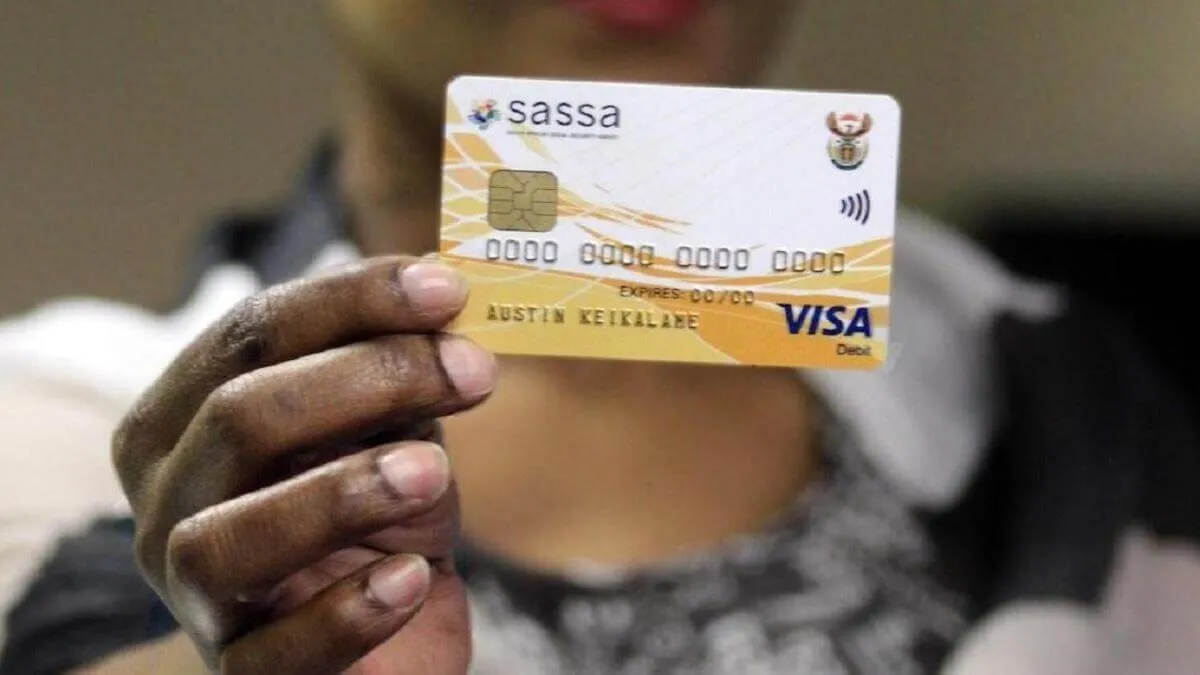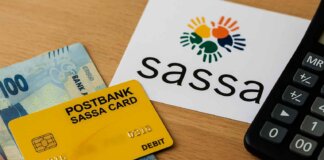The South African Social Security Agency (SASSA) has announced a temporary delay in May 2025 grant payments for a group of targeted beneficiaries as it intensifies efforts to clean up its database and prevent fraud.
According to a statement released on 30 April 2025, the agency is calling on beneficiaries who use alternative forms of identification—not the standard 13-digit South African ID number—to report to SASSA offices for identity verification.
“This is part of a broader review to ensure the right people are receiving the right support,” said SASSA National Spokesperson Paseka Letsatsi.
Who Is Affected by the Verification Process?
The verification initiative primarily targets two groups:
- Beneficiaries who use non-standard identity documentation, even though the Department of Home Affairs confirms they do have valid South African IDs.
- Beneficiaries flagged during the bulk means test process, where unexplained income or undisclosed bank accounts were detected.
These individuals are required to visit SASSA offices to confirm any changes in their financial or personal circumstances. Failing to do so may result in suspension or even termination (lapsing) of their grants.
Regulation 30 Enforcement and Monthly Reviews
SASSA reminded the public that Regulation 30 of the Social Assistance Act allows the agency to review grants at any time, especially when there’s reason to believe a beneficiary’s situation has changed.
“Some clients may have qualified at the time of application, but improvements in their material conditions over time could make them ineligible now,” the statement read.
In the 2025/2026 financial year, the agency will increase monthly checks and require selected clients to verify personal details regularly.
Combatting Fraud Within and Outside the System
SASSA also revealed that the process aims to root out internal collusion, where officials may be involved in fraudulent activity that compromises the integrity of the grant system.
“This internal check will help us expose any SASSA staff members who may be working in cahoots with individuals outside the system to commit fraud,” said Letsatsi.
The initiative is part of SASSA’s ongoing efforts to improve system integrity, enhance security, and ensure that grants only reach deserving, qualifying citizens.
Unlock Exclusive Content!
Subscribe to the Pondoland Times weekly newsletter for trusted alerts on SASSA payments, NSFAS funding, and breaking local news. Get exclusive interviews, community features, and verified stories you can rely on—delivered straight to your inbox.















Is it true we as old age pensioners must go into sassa and update our information. I statmeted my pension on 2023
Sorry started in 2023
Hi Carol, please check with the nearest SASSA office